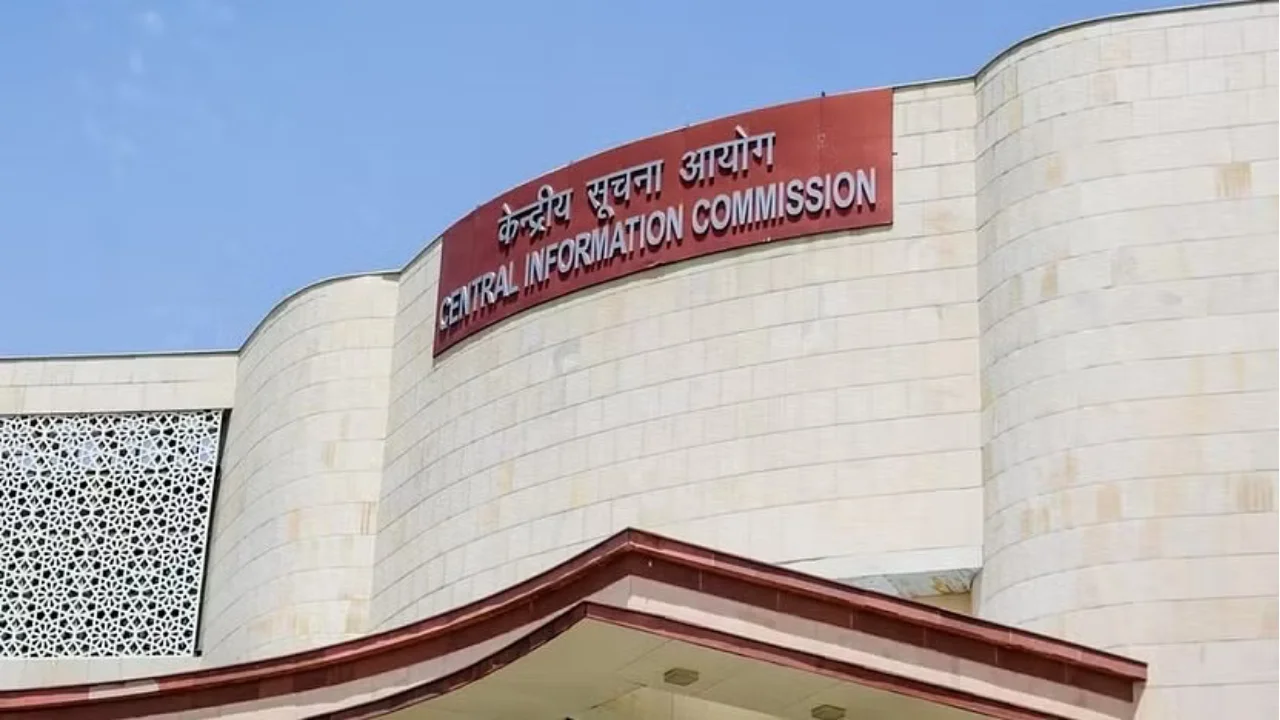The Central Information Commission (CIC) held an event to commemorate the 18th anniversary of the enactment of the RTI Act. The event was attended by all the Information Commissioners, the Secretary, and other officials and staff. During the gathering, the Information Commissioners reflected on the Commission’s achievements as a crucial entity in the RTI regime. Over the years, CIC has facilitated and resolved more than 3.5 lakh second appeals and complaints, highlighting its significant role in promoting transparency and accountability through the Right to Information Act.
More About the News
The event also highlighted the crucial aspect of the RTI Act, which is “Suo Moto Disclosure,” and the annual transparency audit of various Public Authorities. In addition to this, a comprehensive and detailed sample transparency audit of selected Public Authorities was conducted each year, followed by recommendations to improve the quality of Suo Moto disclosures.
In conclusion, it was emphasized that the Central Information Commission (CIC) has played a vital role in enhancing the effectiveness of the RTI mechanism, ensuring access to information and disclosure by authorities, and ultimately contributing to an informed citizenry. The event concluded by expressing gratitude to all citizens and stakeholders for their continuous support and participation in fulfilling the objectives of the RTI Act and elevating it to greater heights.
About the Right to Information (RTI) Act
The Right to Information (RTI) Act, 2005 is an Act of the Parliament that sets out the rules and procedures regarding citizens’ right to information. It is a law that gives all Indian citizens the right to request information from any public authority or government body.
The RTI Act was enacted in 2005 with the objective of promoting transparency and accountability in government. It gives citizens the right to access information held by public authorities, including information on government policies, decisions, and actions.
The RTI Act is a powerful tool for citizens to hold their government accountable. It can be used to obtain information about government spending, corruption, and other issues that affect the public.
The RTI Act has been used by citizens across India to obtain information on a wide range of issues
- Government corruption
- Human rights abuses
- Environmental degradation
- Social welfare programs
- Disaster relief
- Development projects
The RTI Act has had a significant impact on India’s democracy. It has made the government more transparent and accountable to the people. It has also empowered citizens to participate in decision-making and to hold their government accountable.
Benefits of this Act
- Promotes transparency and accountability in government
- Empowers citizens to participate in decision-making
- Helps to fight corruption
- Promotes good governance
- Protects human rights
- Promotes social justice
The RTI Act is a powerful tool for citizens to hold their government accountable and to promote good governance. It is an important part of India’s democracy.
- Promoting Honesty and Integrity, Vigilance Awareness Week 2025
- India Independence Day 2025 (15th August), Theme & Significance
- Jal Jeevan Mission, Ensuring Safe and Sustainable Drinking Water
- International Day for the Eradication of Poverty 2025, Theme, History & More
- Maharishi Valmiki Jayanti 2025, History, Significance & How to Celebrate
- World Anesthesia Day 2025, Theme, History & More

Hello, I’m Aditi, the creative mind behind the words at Oliveboard. As a content writer specializing in state-level exams, my mission is to unravel the complexities of exam information, ensuring aspiring candidates find clarity and confidence. Having walked the path of an aspirant myself, I bring a unique perspective to my work, crafting accessible content on Exam Notifications, Admit Cards, and Results.
At Oliveboard, I play a crucial role in empowering candidates throughout their exam journey. My dedication lies in making the seemingly daunting process not only understandable but also rewarding. Join me as I break down barriers in exam preparation, providing timely insights and valuable resources. Let’s navigate the path to success together, one well-informed step at a time.






